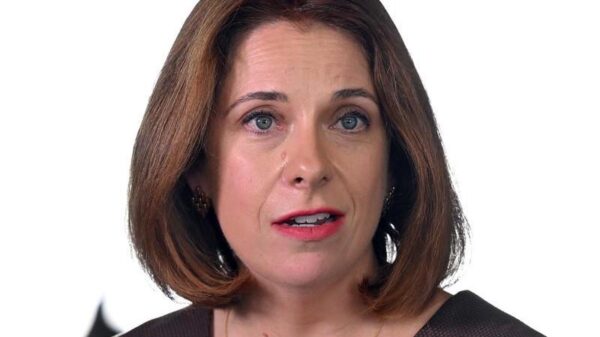UPDATE: New data reveals that millions are falling victim to cyberchondria, a phenomenon where individuals obsessively search online for health symptoms, leading to increased anxiety and unnecessary healthcare demands. As Canada faces a significant healthcare crisis, the implications are urgent.
Authorities confirm that due to a severe shortage of healthcare providers—one in five Canadians currently lack access to a general practitioner—many are turning to the internet for answers. This trend is not just a personal concern; it threatens to overwhelm an already strained system, with 33% of Canadians unable to secure timely appointments with their doctors.
Dr. Kiffer Card, an assistant professor at Simon Fraser University, highlights the dual nature of this issue. “The information environment we encounter online can lead to misinterpretations, escalating health anxiety,” he states. Cyberchondria not only affects mental health but also results in increased doctor visits, tests, and medications, complicating the patient-provider relationship.
As healthcare access declines, reliance on unreliable online sources becomes all too common. Dr. Card warns that these online communities can foster confirmation bias, causing individuals to hear only what aligns with their fears. He urges patients to seek diverse and credible sources, stating, “Consulting a variety of information is crucial for making informed health decisions.”
With the healthcare landscape becoming increasingly challenging, the need for effective communication between patients and doctors has never been more critical. Dr. Card advises patients to prepare for appointments by clearly outlining their symptoms and the sources of their information. “Be efficient and direct. Present your findings and be open to your doctor’s expertise,” he recommends.
To combat cyberchondria, patients are encouraged to utilize trusted resources such as the Mayo Clinic or other reputable health organizations. Instead of searching symptoms online, employing symptom checkers can lead to more reliable outcomes. Additionally, seeking multiple opinions can provide a clearer picture of one’s health, reducing anxiety and uncertainty.
The rise of cyberchondria coincides with a broader crisis in the Canadian healthcare system, where emergency rooms are flooded with patients better suited for primary care. This situation exacerbates the challenges faced by healthcare providers and patients alike.
As individuals navigate their health concerns, it is essential to balance online information with professional medical advice. Dr. Card emphasizes that healthcare should be a collaborative effort, where both patients and doctors work together to create effective treatment plans.
The rising trend of cyberchondria underscores the urgency for individuals to approach their health with caution and discernment. With millions affected, the importance of reliable information and open communication with healthcare providers cannot be overstated.
This urgent situation calls for immediate attention and action from both patients and healthcare professionals as the landscape continues to evolve. Stay informed and cautious—your health may depend on it.






























































